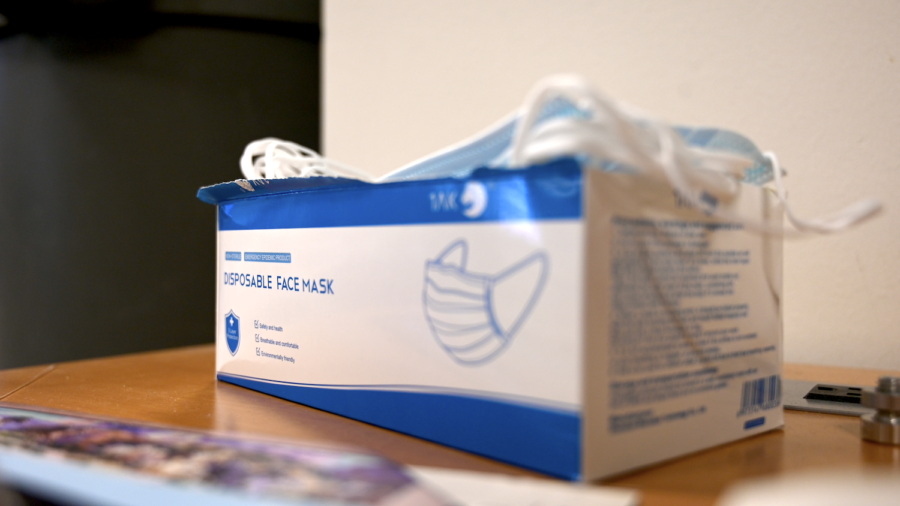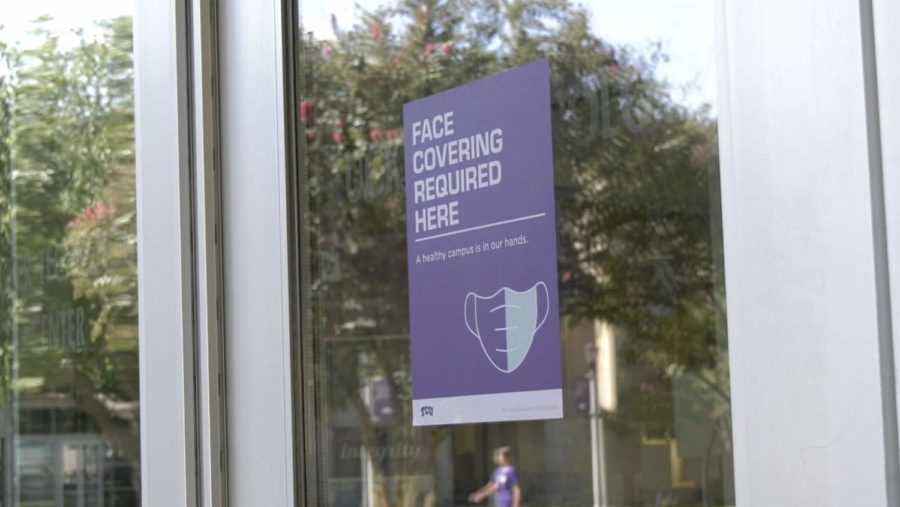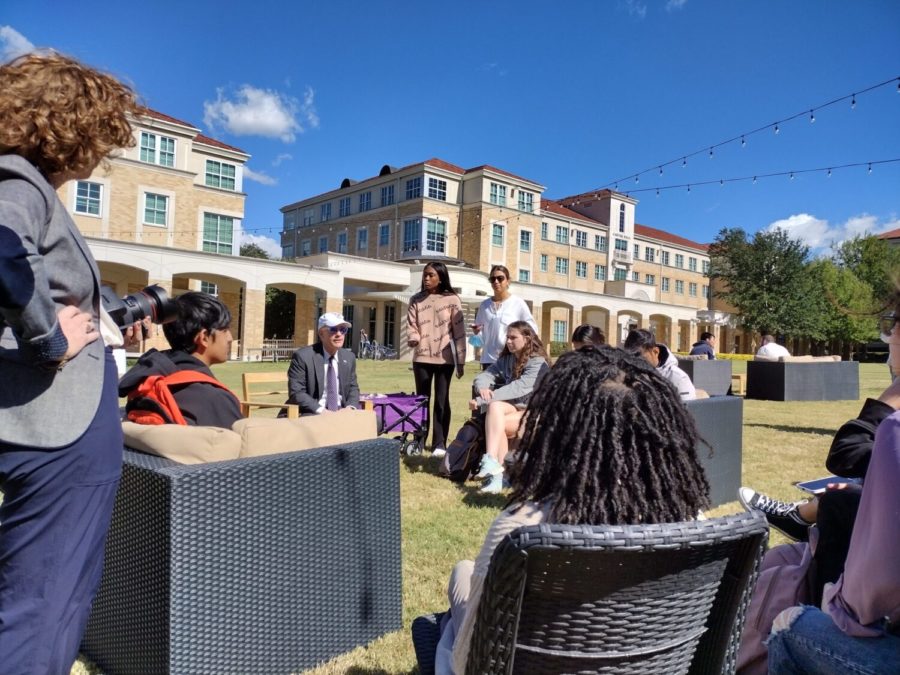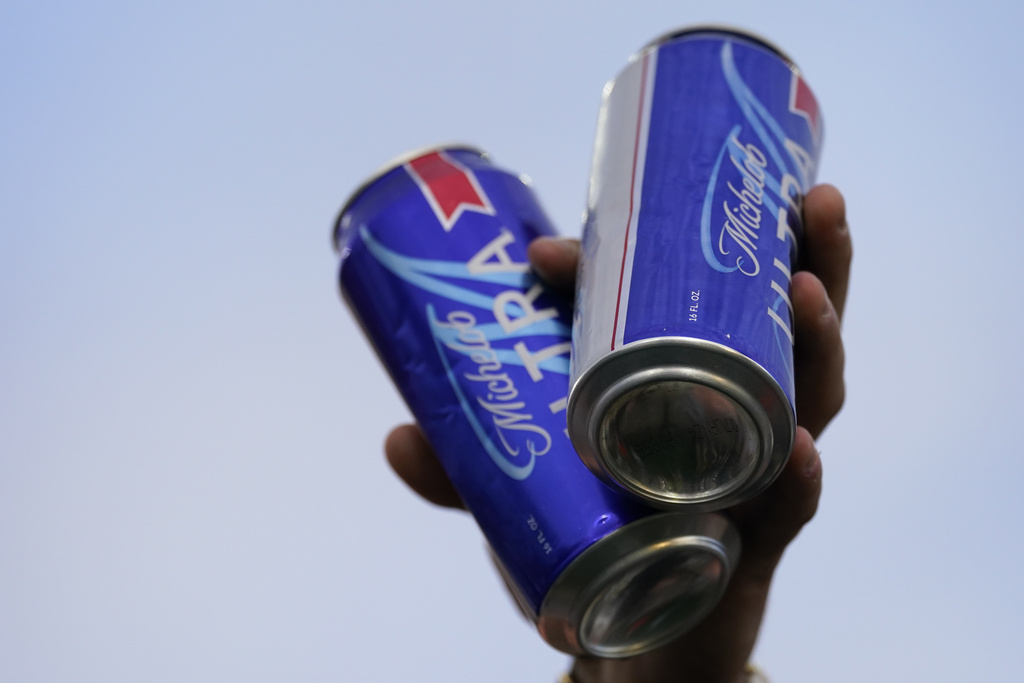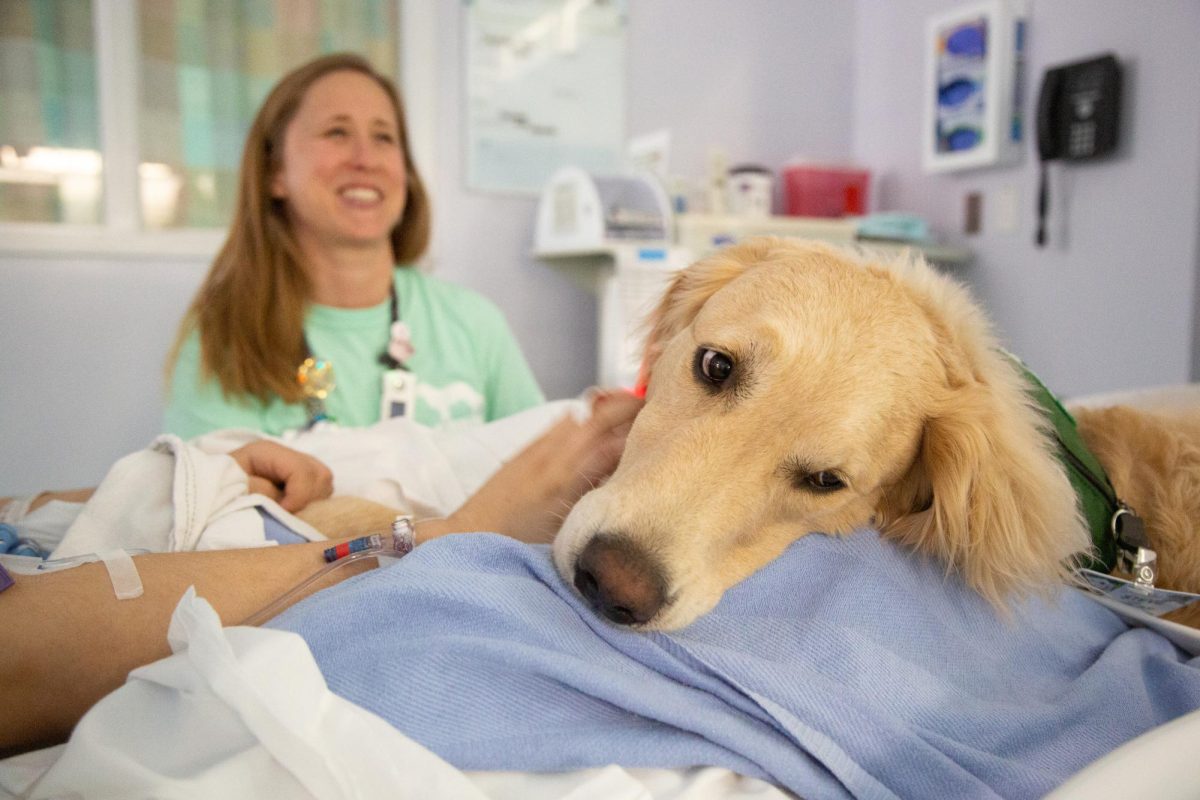Students living off campus are finding new ways to keep their mental health in check during a unique semester.
Living in a new environment off campus and adjusting to the continuous changes of the pandemic are just two experiences many have gone through since classes began.
A study by the Student Experience in the Research University found that college students are screening positive for depression and anxiety at higher rates than in previous years. In addition, students, especially off-campus and commuting students, have a more difficult time accessing mental health care.
Libby Marler, an intern for The Counseling Collective, said one of the reasons students have a harder time maintaining their mental health is because they “dreamed of this specific college experience, and COVID-19 has hit and changed the world they thought they knew.”
The new normal at TCU is filled with courses that are mostly online and social settings that are smaller than usual.
This new normal has caused off-campus students to push the conversation of self-care to the forefront.
“I honestly think living off campus has improved my mental health so much more. I think if I lived on campus, I wouldn’t have been that happy,” said Alexis Ho, a junior psychology major.
Ho defines self-care as “making yourself happy.” She adds that by living off campus, it allows her to “paint when [she] feel[s] stressed or just drive or walk over to [her] friends’ homes, knock on their door and have movie nights.”
Marler said one of the first steps of self-care during the pandemic is “to acknowledge that what you’re feeling is OK because I do think when hard things happen, we tend to push it to the side.”
The Mayo Clinic offers a few ways to keep students’ mental health in check during this time, including to sleep, exercise, eat healthy foods and focus on positive thoughts.
“Our routines need to change where we implement these methods of self-care to strengthen our minds, not overload them,” said Marler.
Ho said she believes that checking in on friends is the best way to keep others’ mental stability in check.
“I think knocking on people’s doors, the old fashion way, is the best way to stay connected during corona. Or just a simple text,” she said.
To find out more ways to cope with mental health, click here.




